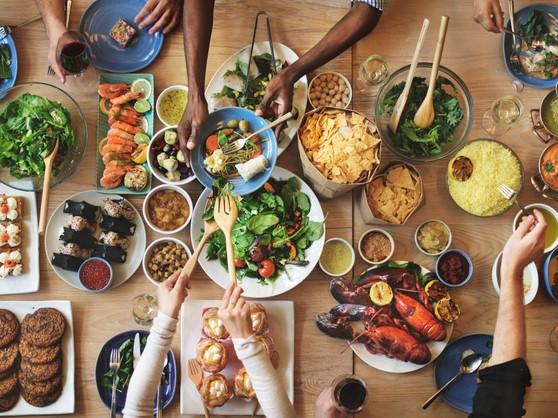
Five tips for helping international students settle in their new surroundings

Moving to a new environment to live and study can be very difficult for first-year international students. Most students report that family, friends and the social environment in their home town are the main stabilising factors for them, so coming to a new country for education will almost certainly affect overseas arrivals. They will need a new set of harmonising factors to help establish stability in their new life.
The following strategies can help first-year international students adapt; they are based on our experiences and observations as advisers to international students and on students’ answers to questions they were asked in different tasks. Some of these recommendations can be implemented by the university in general and some can be implemented at the faculty level.
Provide a welcoming ‘family’ environment
As advisers to international students, we frequently collaborate with faculty to arrange meetings and gatherings for the newcomers at the beginning of the academic year. We organise inductions for our new students to introduce them to faculty members one by one, and they have stated that such meetings made them feel valued and welcomed. Students feeling that they matter in their new environment is crucial to a smooth adaptation period, particularly when they are in a different country, where the local language is foreign and culture and traditions are different.
- How to champion the international student experience from admission to graduation
- Breaking language barriers: supporting non-native English-speaking students
- Introducing ‘translanguaging’ – and other ways to promote multilingualism
Following individual introductions to academic and administrative staff come gatherings. The aim is to allow international and local students to meet each other and interact. Hopefully, all our events help bring international students closer to both the academic staff and their classmates, as this helps increase their sense of belonging in their new environment. Our interactions with them during these meetings position us not just as lecturers or advisers but also we aim to become part of their “new family”.
Peers can offer useful support
A peer-support programme matching international students with their local classmates can be hugely helpful. Local students experience fewer adaptation challenges and do not have a language barrier to negotiate. One way to help such a support programme to work is to place it within the weekly course schedule at an allocated time, so it becomes part of the core offering rather than an optional extra.
Students who are familiar with the culture, who know the local language or who’ve been at the university for a while are called on to volunteer. Each week volunteer students meet with the international students who need support with their studies or life on or outside the campus in general. This type of peer-mentorship programme has many benefits in terms of supporting students psychologically, emotionally and academically. It also allows them to build healthy relationships and overcome academic difficulties.
Removing the language barrier
Most of our newcomer international students are willing to learn the local language, which at our institution is Turkish. And we’ve observed that adaptation becomes much easier for students who show interest in learning the local language. But is it difficult to learn a new language when you’ve just started studying towards a degree? Absolutely not.
The curriculum of every faculty at our university offers beginner-level Turkish language courses for international students during the first and second semesters in their first year. These courses provide them with basic language skills, which are helpful for them in their social interactions in the local community. Extracurricular activities with local students also provide international students with the skills and ability to have more social contact.
The power of food
Most of our overseas students emphasise that a key sensitivity is their cultural traditions, including their foods and special day celebrations. For example, some of our Nigerian students stated in an assignment that they wanted to find some of their native soups on or around campus. Of course, most of them want to experience the new tastes they find here in Cyprus as well, but it is also a fact that there is a huge longing for the tastes of home.
At present, a new shopping facility is being built on campus, where international students will soon have easy access to familiar ingredients in order to make the foods they miss. This is exciting not only because they will be able to make themselves culturally important food; it will also allow them to share this aspect of their culture with their classmates and people they socialise with. Never underestimate the ways in which gatherings around food can help conversations flow more easily and increase the amount people share about themselves, allowing for stronger friendships to develop.
Season’s greetings
Christmas is the ultimate time for feeling homesick for many students. Although Christmas is not celebrated by the local community here in Cyprus, we try to ensure that international students do not feel the absence of the festive season. Streets, houses and cars are often decorated for the new year, which helps add greatly to the feeling of Christmas. Moreover, for international students’ degree programmes, the academic calendar is designed to include Christmas Day as a holiday.
Student clubs and groups organise Christmas meals and parties every year. Given that term starts in early October, by December local and international students with similar interests – whether they share cultural and religious festivals or not – have had the opportunity to mix and mingle, so Christmas meals and new year celebrations come at the perfect time to seal the deal for first-year international students’ adaptation to higher education in a new country.
Ganna Pola is coordinator of international nursing students at Near East University, Nicosia, North Cyprus.
Önay Aktunç is adviser of first-year international nursing students at Near East University, Nicosia, North Cyprus.
If you found this interesting and want advice and insight from academics and university staff delivered direct to your inbox each week, sign up for the THE Campus newsletter.


